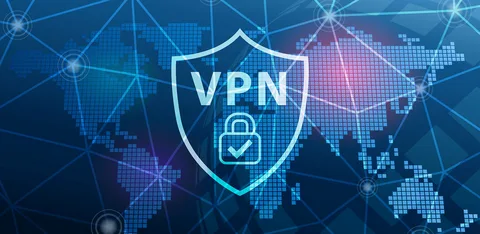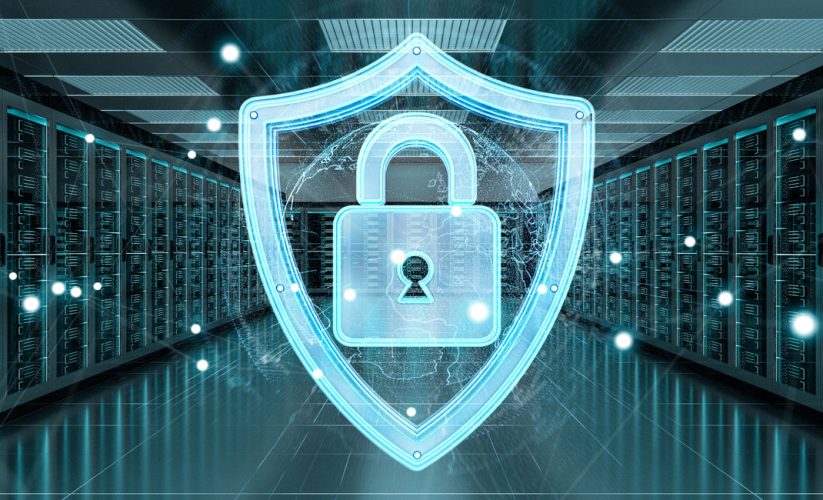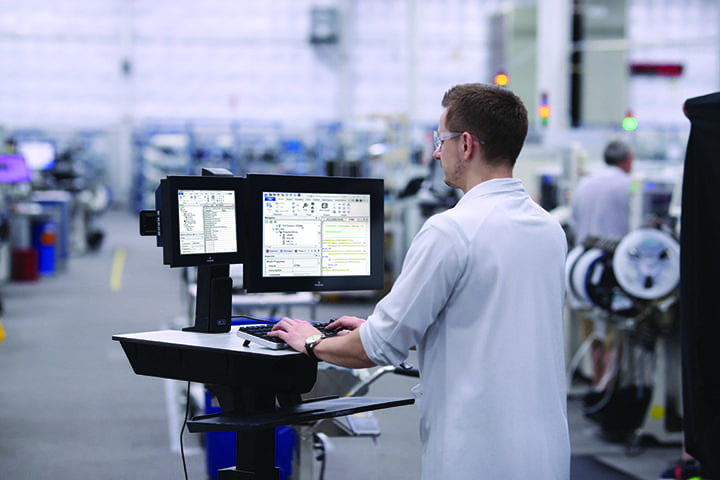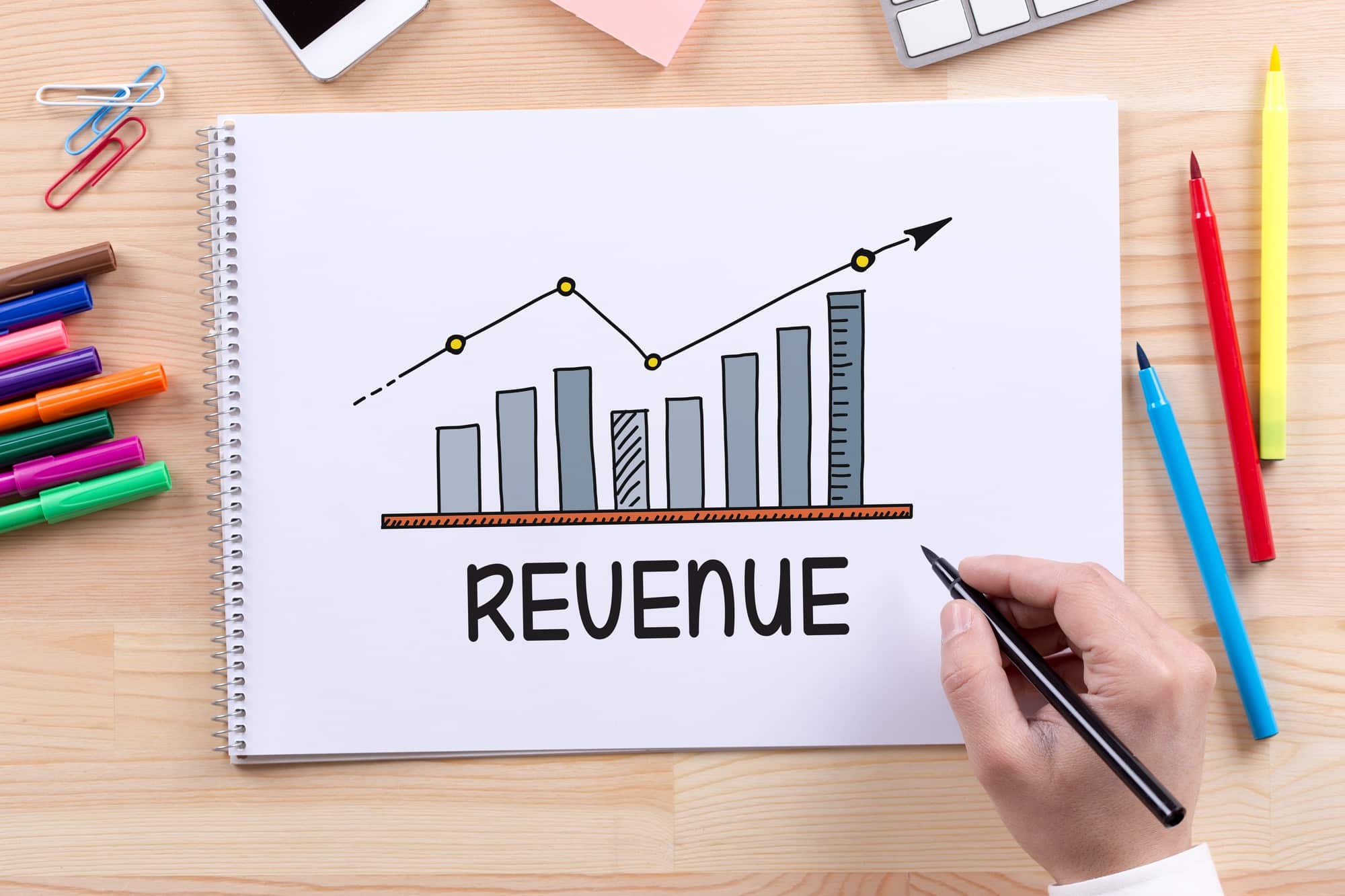
SequelNet’s Top IT Practices for Managing Smart Energy Systems
Introduction
The rise of smart energy systems has transformed the way energy is generated, distributed, and consumed. As technology continues to evolve, energy providers must adopt robust IT practices to manage these complex systems effectively. SequelNet, a leader in IT solutions, provides essential practices for managing smart energy systems, particularly through the use of VPN solutions for business. This article explores SequelNet’s top IT practices that enhance security, efficiency, and connectivity in the smart energy sector.
Understanding Smart Energy Systems
1. What Are Smart Energy Systems?
Smart energy systems leverage advanced technologies, such as IoT (Internet of Things), AI (Artificial Intelligence), and big data analytics, to optimize energy management. These systems enable real-time monitoring and control, enhancing the efficiency and reliability of energy production and consumption.
2. The Importance of IT in Smart Energy Management
Effective IT management is crucial for the successful implementation and operation of smart energy systems. Key aspects include:
- Data Management: Smart energy systems generate vast amounts of data that need to be collected, analyzed, and stored securely.
- Security: With increased connectivity comes the risk of cyber threats. Robust security measures are essential to protect sensitive data and systems.
- Integration: Different technologies must work seamlessly together, requiring effective integration strategies.
SequelNet’s Top IT Practices
1. Implementing VPN Solutions for Business
VPN solutions for business are critical for securing communications and data in smart energy systems:
- Secure Remote Access: VPNs enable authorized personnel to access energy management systems securely from remote locations. This is particularly important for technicians and engineers who may need to monitor systems on-site or from home.
- Data Encryption: Using VPNs ensures that sensitive data transmitted over the internet is encrypted, protecting it from unauthorized access and cyber threats.
- Compliance and Regulation: Many energy providers must adhere to strict regulations regarding data security. VPNs help ensure compliance by providing secure access and maintaining data integrity.
2. Establishing Robust Data Management Practices
Effective data management is crucial for leveraging the full potential of smart energy systems:
- Centralized Data Storage: Implementing a centralized data storage solution allows for easier access to critical information and improves collaboration among teams.
- Data Analytics: Leveraging advanced analytics tools can help organizations extract valuable insights from the vast amounts of data generated, aiding in decision-making and operational efficiency.
3. Enhancing Cybersecurity Measures
With the increasing threat of cyberattacks, robust cybersecurity practices are essential:
- Regular Security Audits: Conducting regular security audits helps identify vulnerabilities within the IT infrastructure, allowing for proactive measures to be taken.
- Multi-Factor Authentication (MFA): Implementing MFA adds an additional layer of security, ensuring that only authorized personnel can access sensitive systems and data.
4. Ensuring System Integration
A successful smart energy system requires seamless integration of various technologies:
- Interoperability: Ensuring that different systems and devices can communicate effectively is vital for operational efficiency. This may involve using standardized protocols and APIs.
- Real-Time Monitoring: Implementing real-time monitoring solutions allows organizations to track system performance and address issues as they arise, minimizing downtime.
5. Providing Ongoing Training and Support
Investing in staff training and support is essential for the effective management of smart energy systems:
- User Training: Providing comprehensive training on new technologies and systems ensures that staff can utilize these tools effectively.
- Technical Support: Offering ongoing technical support helps resolve issues quickly, ensuring that energy management systems operate smoothly.
The Benefits of SequelNet’s IT Practices
1. Improved Operational Efficiency
By implementing SequelNet’s IT practices, energy providers can enhance their operational efficiency:
- Streamlined Processes: Centralized data management and effective integration reduce redundancies and improve communication among teams.
- Faster Decision-Making: Access to real-time data and analytics enables quicker, informed decision-making, optimizing energy management.
2. Enhanced Security
SequelNet’s focus on VPN solutions for business and robust cybersecurity measures significantly improves security:
- Reduced Risk of Data Breaches: Implementing VPNs and other security measures helps protect sensitive data from cyber threats, ensuring compliance with regulations.
- Increased Trust: Enhanced security fosters trust among customers and stakeholders, vital for maintaining a positive reputation in the energy sector.
3. Greater Flexibility and Scalability
SequelNet’s practices provide energy providers with the flexibility to adapt to changing needs:
- Scalable Solutions: As organizations grow, their IT infrastructure can scale accordingly, accommodating new projects and technologies without major disruptions.
- Adaptability to Change: The ability to quickly integrate new technologies and respond to market changes allows energy providers to remain competitive.
4. Empowered Workforce
Continuous training and support empower staff to perform at their best:
- Increased Confidence: With the right training and resources, employees feel more confident in using new technologies and systems.
- Enhanced Collaboration: Improved communication tools and centralized data foster a collaborative environment, boosting team effectiveness.
Conclusion
SequelNet’s focus on VPN solutions for business and comprehensive IT practices is essential for managing smart energy systems effectively. By addressing key challenges such as security, data management, and system integration, SequelNet helps energy providers optimize their operations and enhance their impact in the renewable energy sector.
For organizations looking to streamline their IT practices and drive innovation in smart energy management, SequelNet offers the expertise and solutions necessary for success. To learn more about how we can assist your organization, visit SequelNet’s website.





